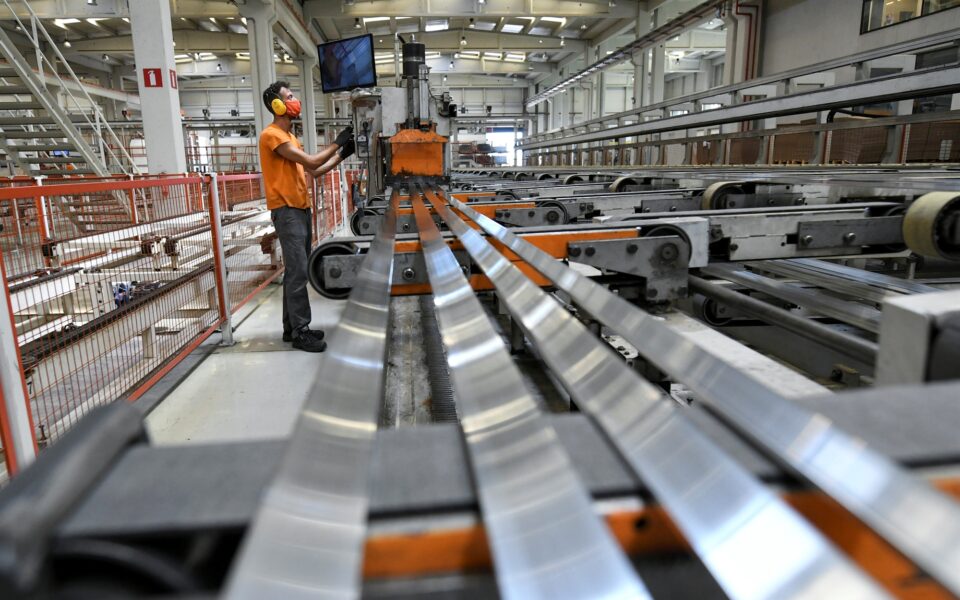The upgrade is not a one-act play

We were very late in succeeding, but, even now it is recognized that the sacrifices and reforms made in the last 10 years in Greece following the country’s debt crisis have had a positive effect. That is why two international rating agencies have recently removed Greek bonds from the “junk” category and upgraded them to investment status. This development had largely been anticipated by the international markets – which is reflected in the low cost at which Greece borrows money.
The new element is that, as of next year, large funds, including state funds, which by their statutes had been obliged to stay away from Greek government bonds until now, will be able to buy them.
But these recent upgrades are no one-act play. The situation will evolve to the extent that the country’s efforts to reform and restructure its economy on a new productive basis continue effectively. Trust is hard to build. We have now managed to get a foothold on the lowest step of the highest rating tier. In order to attract sufficient long-term foreign investment and to support sustainable development in our country, we will need to climb several steps higher. Claims that we are implementing the right policy mix and that that is why we are on our way to skyrocketing growth underestimate the magnitude and complexity of the effort required.
Trust is hard to build. We have now managed to get a foothold on the lowest step of the highest rating tier
After 2008-9, when the New Democracy government claimed that the Greek economy was “shielded” from the then developing economic crisis, the word was quarantined and nobody wanted to use it. However, sometimes the same claim is made today, but in other words. If those who say it now believe it, that would be dangerous – especially in the current global climate, and particularly in Europe and our neighborhood. We have a war in the heart of Europe and another in the Middle East, unprecedented geopolitical and economic instability, with high persistent inflation, risks to energy and finance, with public (Italy) and private debt, with Europe flirting with stagflation and the climate crisis making the most unlikely events possible, and no economy is immune. Especially an economy like Greece’s, which, unless deep cuts and radical reforms are made across all sectors, will tend toward zero growth rates in the long term. The data in the latest report from the influential and impartial IOBE think tank on the Greek economy’s evolution in the immediate future are alarming: Growth in 2024 will be limited to 2.4% against the 3% predicted by the budget; demand is weakening; and exports will grow just 2.6% from 3.5% this year – well below the 6.3% forecast in the budget. The Greek economy performed better than other European economies in previous years mainly because it started from a very low point. Now, its growth pace is weakening.
This weakening is not temporary – and that’s the worst thing. With its weakening, the rate is harmonizing with the long-term trend of our outdated economic model, which we need to transform into a modern, productive and competitive one. If we fail to do so we will hit a double wall: our debt, which is waiting around the corner in 2032, when our grace period ends and it will increase by seven percentage points overnight; and the demographic decline, which if we do not react will see the population drop 24%, GDP sink 31%, employment contract by 48% and GDP per capita wither 10% in the decades before the end of the century.
Acting like it’s business as usual is a waste of precious time.





